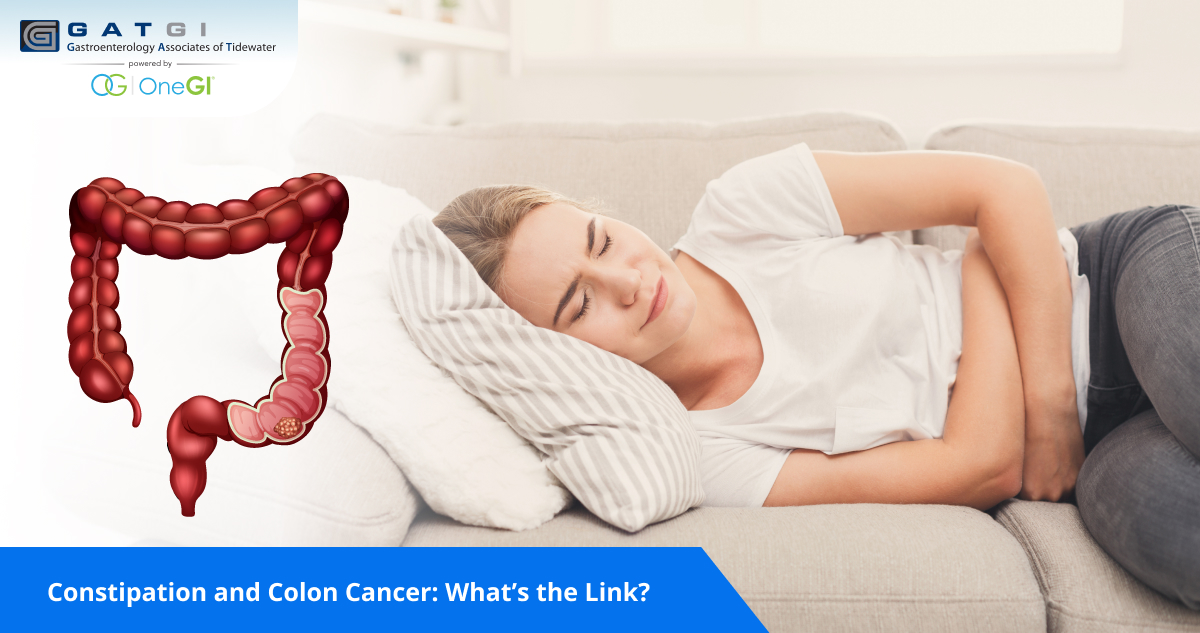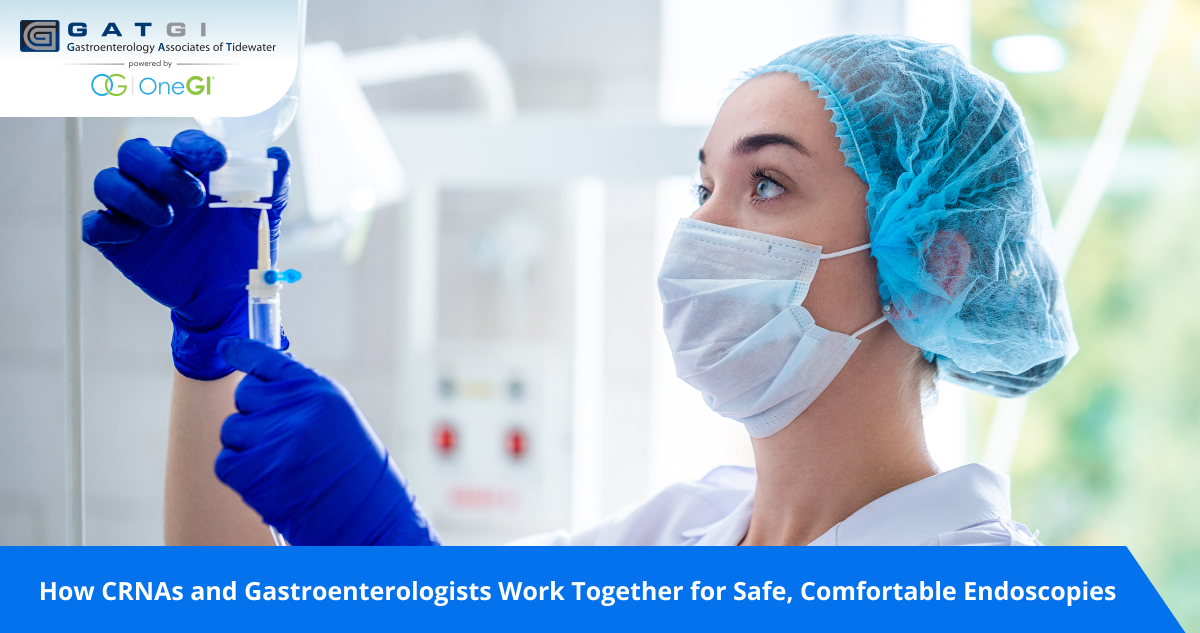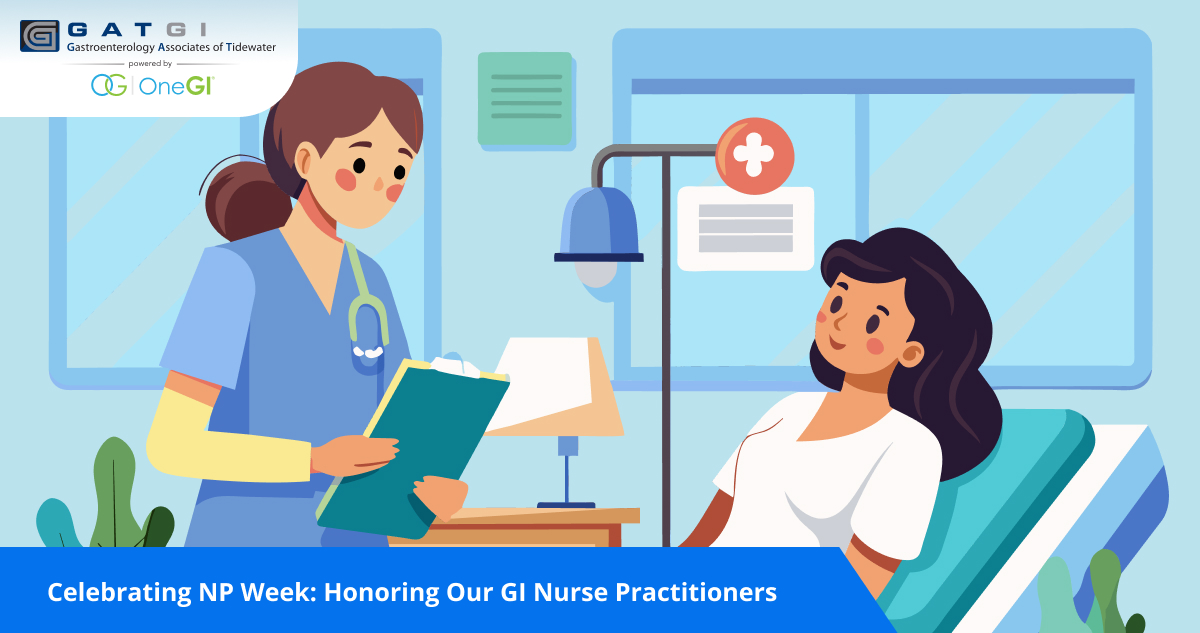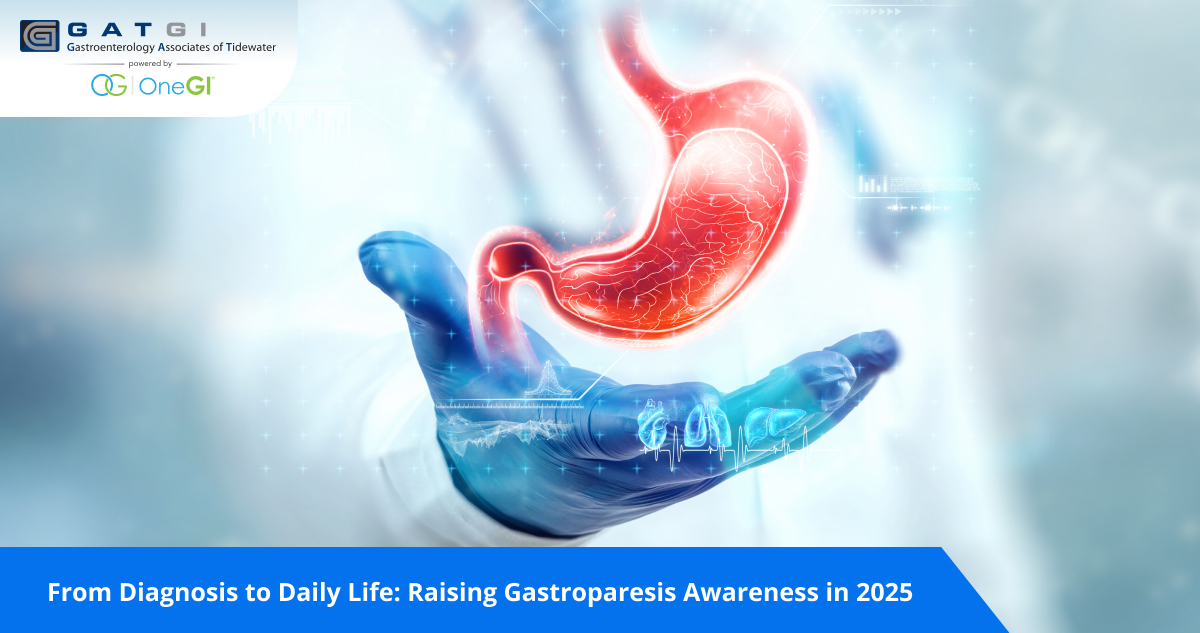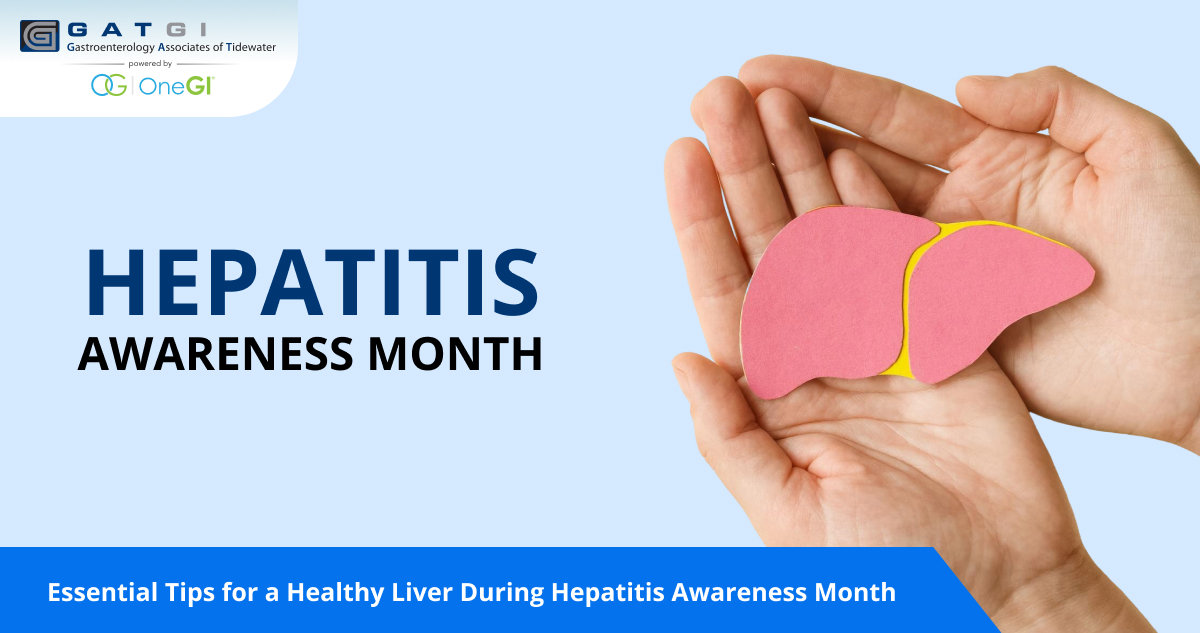Constipation is common. Colon cancer is serious. Many people ask if there is a constipation colon cancer connection. Both conditions affect the digestive system, but in very different ways. Constipation is usually temporary and linked to lifestyle habits, while colon cancer is a life‑threatening disease that often develops silently over time. Because their symptoms can overlap, it’s natural to wonder if one leads to the other. In this article, we’ll explain what constipation is, what colon cancer is, what current research says about any possible link, and most importantly, when to worry about constipation and talk with your doctor.
Understanding Constipation
Constipation is more than an occasional inconvenience. It can affect your comfort, daily routine, and sometimes point to other health concerns. Knowing when to worry about constipation is key, since it can be a signal of other health concerns. Here are the basics to know:
Constipation means fewer than three bowel movements per week. Signs include:
- Hard, dry stools
- Difficulty passing stools
- Feeling of incomplete emptying
Common causes:
- Low-fiber diet
- Dehydration (not drinking enough water)
- Lack of exercise
- Certain medications
- Underlying medical conditions
Types of constipation:
- Occasional constipation – short-lived, happens to most people
- Chronic constipation – lasts several weeks or longer; may affect quality of life and signal other health issues. Many patients ask, is chronic constipation serious? The answer is yes, because it may reflect other conditions and requires evaluation if it does not improve.
What Is Colon Cancer?
Colon cancer starts in the large intestine. It usually begins as small, noncancerous growths called polyps. Over time, some polyps may become cancerous. Colon cancer is often slow-growing, and symptoms may not appear until the disease is more advanced, which makes regular screening even more important.
Risk factors you can’t change:
- Age (risk increases after 45)
- Family history of colon or rectal cancer
- Certain genetic syndromes (e.g., Lynch syndrome, FAP)
Risk factors you can change:
- Being overweight or inactive
- Diet high in red or processed meat
- Smoking
- Heavy alcohol use
Constipation and Colon Cancer: Is There a Link?
Many people wonder about a possible constipation colon cancer connection. One of the most frequent questions is, can constipation be a sign of colon cancer? The concern comes from the idea that stool staying too long in the colon could expose the lining to harmful substances. Current research has not confirmed this theory, and constipation by itself is not considered a direct cause. Still, when constipation is paired with other changes in bowel habits, it can serve as a signal that something more serious may be happening.
What experts agree on is this: constipation by itself is not a proven cause of colon cancer. Genetics, family history, and overall lifestyle choices play a far greater role in determining risk.
Bottom line: Current evidence shows constipation is uncomfortable and sometimes a sign of another condition, but it is not considered a direct cause of colon cancer.
When to See a Doctor
Constipation itself doesn’t cause colon cancer, but persistent changes in bowel habits can be a constipation colon cancer symptom. It can sometimes be a warning sign, especially when paired with other changes. Seek medical advice if you notice:
- Constipation or diarrhea lasting more than a few days
- Rectal bleeding or blood in stool
- Ongoing abdominal pain, cramps, or gas
- A feeling your bowel doesn’t empty completely
- Unexplained weight loss
- Fatigue or weakness
Colon polyps often cause no symptoms, but may present with:
- Rectal bleeding
- Changes in stool color
- Shifts in bowel habits
If you’re wondering when to worry about constipation, the rule is simple: if it is new, persistent, or comes with other concerning symptoms, see your doctor.
Reducing Your Risk
You can take practical steps to lower your colon cancer risk, and regular screenings are the most effective way to protect your health. Lifestyle changes that support colon health include:
- Eating more fruits, vegetables, and whole grains
- Limiting red and processed meats
- Exercising regularly
- Maintaining a healthy weight
- Avoiding tobacco
- Drinking plenty of water
- Limiting alcohol
If you have a family history of colorectal cancer or polyps, talk with your doctor about earlier or more frequent screenings, including scheduling a colonoscopy appointment. Genetic counseling may also help families with multiple cases.
Why screening matters:
- A colonoscopy not only detects cancer but can prevent it by removing polyps before they turn cancerous
- Other gastroenterology tests and procedures may be recommended depending on your health history
- Because polyps can grow silently for years, early detection is critical
- Colonoscopy is considered the gold standard since it both finds and removes polyps in a single procedure
- People with higher risk factors may need to start screening before age 45
If diagnosed, colon cancer constipation treatment depends on the stage and may include surgery, chemotherapy, or radiation. For patients seeking care with gastroenterology in Virginia Beach, expert screening and follow-up care are available close to home.
Take Action
Constipation alone isn’t a cause of colon cancer, but ongoing changes in bowel habits should never be ignored. Protect your health with regular screenings and contact Gastroenterology Associates of Tidewater to schedule your colonoscopy appointment today by calling (757) 547-0798.

